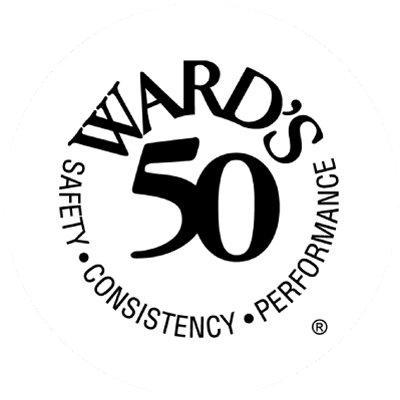
Summer is a wonderful time of year with plenty of sunshine and warm days, but those summer days can also bring a variety of problems.
Remember that it is never safe to leave a child, disabled person or pet locked in a car. Kids can die in as little as 10 minutes in a hot car. A reported 51 young children died in hot cars in 2019, and in 2020, a death was reported as early as April1. Children, pets and even adults die in hot cars as a result of hyperthermia, which occurs when the body absorbs more heat than it can handle. The younger the child the more severe the effects because their bodies have not developed the ability to efficiently regulate its internal temperature.2
Make sure you’re prepared for the strong sun and high temperatures by taking a few simple steps to prevent heat-related illness:
If a heat wave is forecast or happening3:
- Slow down. Reduce, eliminate or reschedule strenuous activities until the coolest time of the day.
- Dress for summer. Wear lightweight, loose fitting, light-colored clothing to reflect heat and sunlight.
- Eat light, cool, easy-to-digest foods such as fruit or salads. If you pack food, put it in a cooler or carry an ice pack. Don’t leave it sitting in the sun. Meats and dairy products can spoil quickly in hot weather.
- Drink plenty of water (not very cold), non-alcoholic and decaffeinated fluids, even if you don’t feel thirsty. If you’re on a fluid restricted diet or have problems with fluid retention, consult a physician before increasing consumption of fluids.
- Use air conditioners or spend time in air-conditioned rooms.
- Use portable electric fans to exhaust hot air from rooms and draw in cooler air.
- Minimize direct exposure to the sun. Sunburn reduces your body’s ability to cool you.
- Take a cool bath or shower.
- Check on older, sick or frail people who may need help responding to the heat.
- Don’t leave valuable electronic equipment, such as cell phones and GPS units, sitting in hot cars.
Heat-Related Physical Problems
Heat stress4 is heat-related illness caused by your body’s inability to cool down properly. The body normally cools itself by sweating. But under some conditions, sweating just isn’t enough. In such cases, a person’s body temperature rises rapidly. Very high body temperatures may damage the brain or other vital organs.
Several factors affect the body’s ability to cool itself during extremely hot weather. When the humidity is high, sweat will not evaporate as quickly, preventing the body from releasing heat quickly. Other conditions related to risk include age, obesity, fever, dehydration, heart disease, mental illness, poor circulation, sunburn, and prescription drug and alcohol use.
Heat Exhaustion5:
What to look for:
- Heavy sweating
- Cold, pale, and clammy skin
- Fast, weak pulse
- Nausea or vomiting
- Muscle cramps
- Tiredness or weakness
- Dizziness
- Headache
- Fainting
What to do:
- Move to a cool place
- Loosen your clothes
- Put cool, wet cloths on your body or take a cool bath
- Sip water
Get medical help right away if:
- You are throwing up
- Your symptoms get worse
- Your symptoms last longer than 1 hour
Heat Stroke:
What to look for:
- High body temperature (103°F or higher)
- Hot, red, dry, or damp skin
- Fast, strong pulse
- Headache
- Dizziness
- Nausea
- Confusion
- Losing consciousness (passing out)
What to do:
- Call 911 right away-heat stroke is a medical emergency
- Move the person to a cooler place
- Help lower the person’s temperature with cool cloths or a cool bath
- Do not give the person anything to drink
Sources:
- National Weather Service, https://www.weather.gov/safety/heat
- National Weather Service, https://www.weather.gov/safety/heat-children-pets
- National Weather Service, https://www.weather.gov/safety/heat-during
- Centers for Disease Control and Prevention, https://ephtracking.cdc.gov/showClimateChangeExtremeHeat.action
- Centers for Disease Control and Prevention, https://www.cdc.gov/disasters/extremeheat/warning.html



